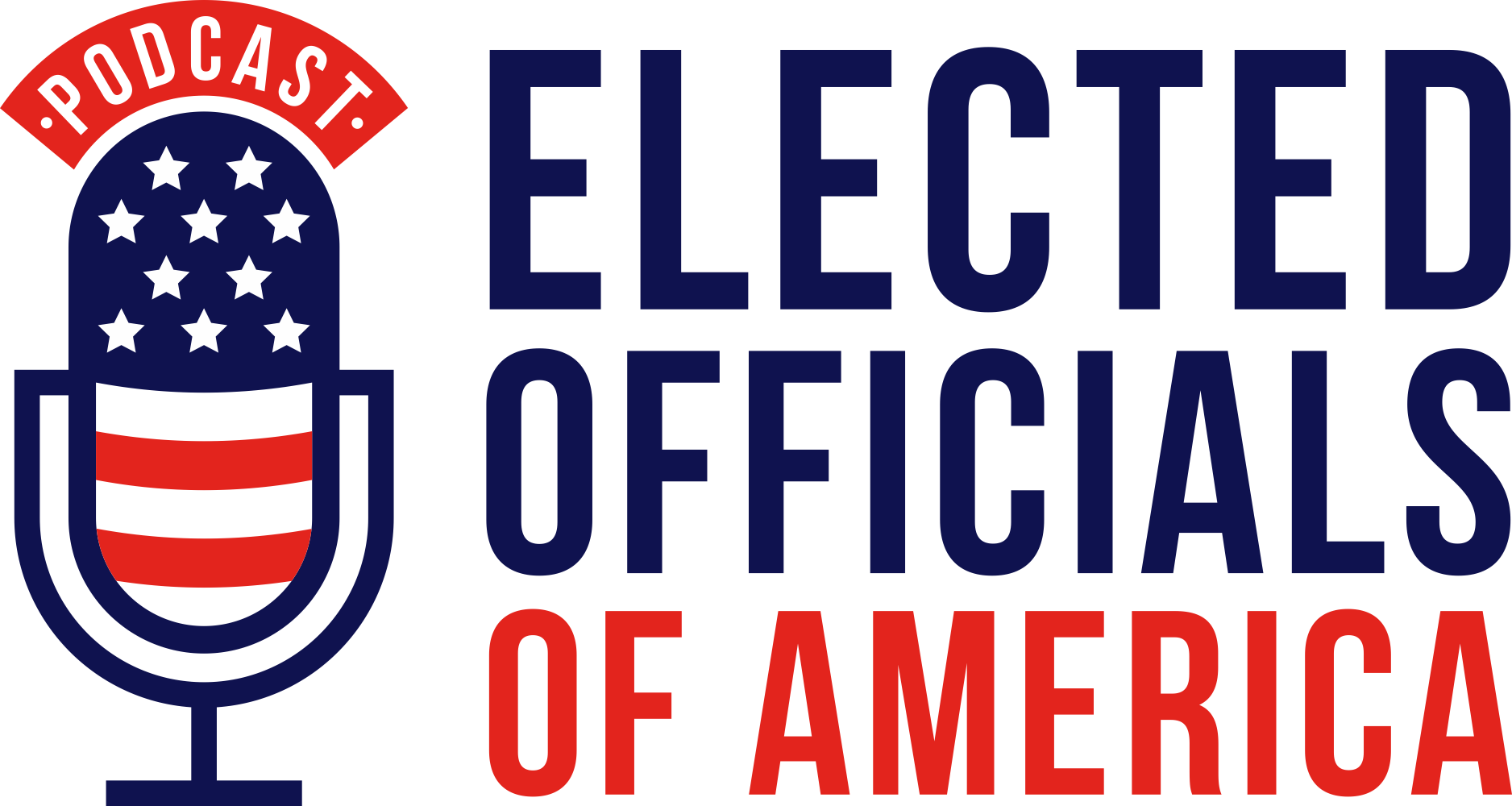How to Work with People who Disagree with You: Delaware Voice
In a previous column, “What can we do as a country to work together again?” I talked about the need to get outside of your comfort zone and listen to people who disagree with you.
Let’s say you did that — made your mind uncomfortable, exposed yourself to thoughts you disagree with — yet you remain convinced that your original point of view is correct.
How can you move forward and continue to work with someone who has a differing point of view, when you were thoughtful and reasonable in reaching your (correct) conclusion?
I’ve learned some lessons while interviewing underdog elected officials from around America for my podcast.
During my visit to New Hampshire, I chatted with the youngest state senator there, Democrat Dan Feltes. When I asked him how he works with those he disagrees with, he pointed out how important it is to keep an open mind when dealing with colleagues.
He warned against putting people in boxes and not to “otherize” or demonize someone just because you disagree. He then quoted Joe Biden: “Never question another person’s motives, and never make assumptions in politics. You don’t know what they mean or intend. You can question the impact of the public policy they’re proposing, but don’t question their motives, intent, or castigate them personally.”
As an example, Dan pointed out the stark difference in accusing someone of supporting a food stamp bill because they hate low-income communities, as opposed to pointing out that a bill they support might adversely impact low-income communities.
Dan goes on to speak about how important it is to keep an open mind when working with people, and how he is consistently surprised by who he is working with to pass legislation.
While different political parties and many states away, Colin Bonini, a Republican Delaware state senator, echoed Dan’s comments. Colin emphasized that it’s OK to disagree, and thinking someone is wrong doesn’t mean they are a bad person.
Colin pointed out attempts to rein in health care spending are often met with “you’re evil, you want to hurt people” as opposed to a discussion around health care costs.
Consider this nugget from Maryland’s youngest state senator, Democrat Bill Ferguson: “Something I think I’ve learned is that all voices have value. And it may be very difficult to feel in the moment, but if a group of folks of a very minority opinion within my district are advocating some viewpoint, it’s very easy to be like, ‘Well, they’re just a minor group. I don’t have to worry about it.’ And I’ve come to really appreciate and understand that if there are several folks that feel this way, I better stop for a minute and think, ‘Why do they feel this way?’ and ensure that I’ve really thought through the problem because if I don’t, it comes back to haunt me later down the line. And I think everybody’s voice truly has some principle, or value, or piece of information…and their anger or frustration is just a demonstration of it. And so we have to get back to recognizing that we can disagree on an issue but can still be in community with one another.”
Congressman Tom MacArthur, a Republican who represents New Jersey’s 3rd Congressional District, mistakenly sat on the Democratic side in the House of Representatives on his first day. Since then though, he is believed to be the only legislator that now purposefully enters the Democratic side every session to greet and get to know his Democratic colleagues as people, and not just policymakers.
He had this to say: “I think it’s important for people to not just be hard ‘yes’s’ and hard ‘no’s’ but to try to listen to the other side and not ascribe motives, and try to understand the other side is well-motivated based on what they believe. I think all of us have a responsibility to do that, in government and also in society … I really try consciously to not ascribe motives to other people because it takes the personal out of it. I can disagree with somebody vehemently but if I don’t ascribe bad motives, there’s no bad blood. You know, when we can we can debate and argue and then go have a drink together and still get along.”
Countless officials have echoed similar sentiments to me, and say how relationships in politics are more important than policy in getting things done. If we attack and castigate short-term opponents for opposing our ideas, it might forever damage whatever relationship existed and prevent a partnership working together on an issue of mutual interest in the future.
I’ll close with this gem from the first Asian-American Councilman for Philadelphia, Republican David Oh: “The beauty of America is that you can disagree and not be stuck in jail. The magic of America is when we work together for our common interests. You may in fact be right. But the fact is, in the real world, you can’t get things done being right all by yourself.”
Article originally published on Delaware Online.
